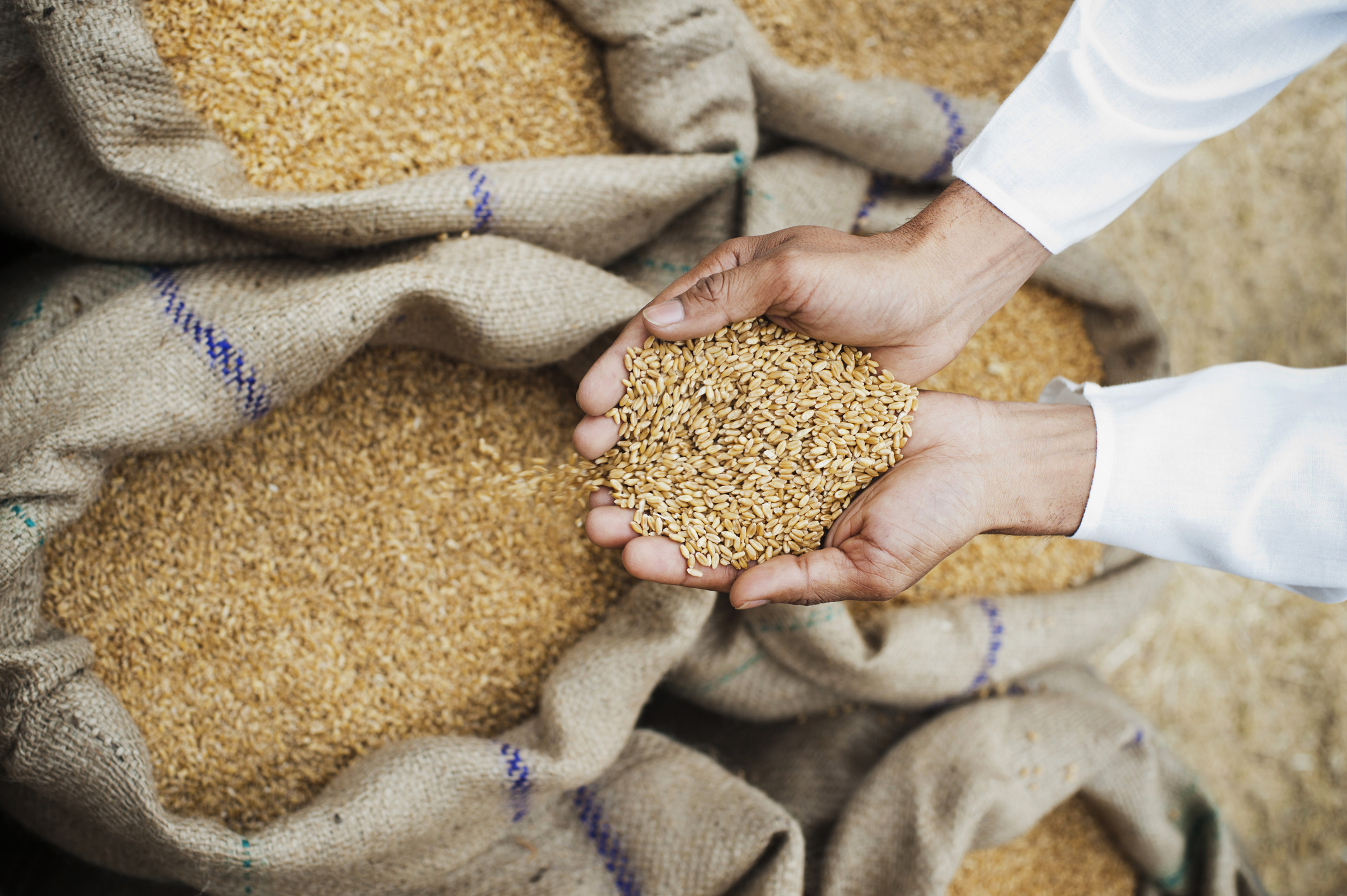Prime Minister Narendra Modi on Wednesday lauded the Union Cabinet’s approval to raise the Minimum Support Price (MSP) for all mandated Rabi crops for the 2025-26 marketing season. He said that the government is taking significant steps to promote the welfare of farmers across the country.
In a post on X, PM Modi said, “We are constantly making bold decisions for the welfare of our farmer brothers and sisters. Today, the government has increased the MSP for Rabi crops, including wheat and gram, ensuring our food providers a better and more secure livelihood.”
The Cabinet Committee on Economic Affairs (CCEA), chaired by the Prime Minister, approved the new MSP rates to offer better returns to farmers. This initiative aligns with the government’s goal to ensure remunerative prices and encourage sustainable agricultural practices.
Among the revised prices, the steepest hike was given to rapeseed and mustard, which saw an increase of ₹300 per quintal. Lentil (Masur) followed closely with an increase of ₹275 per quintal. Other key crops such as gram, wheat, safflower, and barley also witnessed upward revisions, with increases of ₹210, ₹150, ₹140, and ₹130 per quintal, respectively.
Union Minister Ashwini Vaishnaw, who briefed reporters following the Cabinet meeting, said the move reflects the government’s commitment to supporting farmers by alleviating cost burdens. He highlighted that the increase in MSP aligns with the 2018-19 Union Budget promise to fix MSPs at least 1.5 times the all-India weighted average cost of production.
The newly announced MSP structure will provide farmers with substantial margins—105 percent over the average production cost for wheat, 98 percent for rapeseed and mustard, 89 percent for lentils, and 60 percent for both gram and barley. This revision is expected to incentivize farmers to diversify crops while stabilizing their incomes.
The government underscored the importance of this step in promoting crop diversification and ensuring food security. The decision also aims to reduce the risks farmers face from fluctuating market prices and unpredictable weather conditions.
(Inputs from ANI)




















